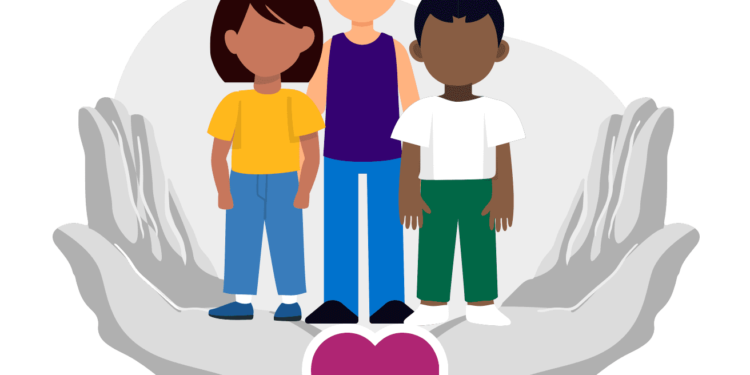Twelve-year-old Hanoi kid died after falling from an apartment block, raising questions about children’s mental health and the carelessness of parents, particularly in light of the COVID-19 pandemic.
On December 16, a small child’s lifeless body was found in the courtyard of Goldmark City, which is located in Hanoi’s Bac Tu Liem District. Although he was brought to the emergency hospital right away, he did not make it.
According to early accounts, the youngster leaped off the building’s 22nd storey due to academic pressure; nevertheless, the cause of death has been proven to be suicide.
A recent UNICEF survey, according to Dr. Tran Thanh Nam, chair of the Department of Educational Sciences at the University of Education (Vietnam National University – Hanoi), found that 13% of teenagers between the ages of 10 and 19 experience some kind of mental illness.
Many others, whose illnesses have not yet met the requirements, have already suffered psychological harm that compromises their wellbeing and have not received any support.
According to reports, the child in question may have had mental health issues for some time. Anxiety may have affected the child’s cognitive abilities (learning inefficiency results from declining attention and memory), as well as behavioral changes (self-withdrawal, intrusive thoughts, nightmares, and aggression).
“Adolescents are very sensitive to the sense of respect,” stated Dr. Nam. Because of their vulnerability, they are quickly demoralized and irritated by their parents’ hostility and pressure.
Nam said that mental health problems are growing increasingly prevalent, particularly in young people, as a result of the pandemic.
Even though many children have already begun going back to school, they still have to deal with the aftereffects of being socially isolated for a long time.
Dr. Khuc Nang Toan, who works in the Department of Educational Psychology at Hanoi National University of Education, stated that many children saw their parents struggle financially and lose their jobs during the pandemic, which may have caused needless arguments.Due to quarantine, children have in a number of occasions lost their parents, or even worse, experienced the loss of a loved one.
“This is the COVID-19 era’s impact; it may even follow a child long after school returns, having a direct impact on their psychology.”
Experts concur that children may have psychological impacts from the pandemic, including panic, worry, and insecurity.
Even though the symptoms might not be as bad, if parents ignore them and do not support their child in resolving the problems, it could have a big effect on their life and ability to learn when school restarts.
Parents must be able to recognize the “abnormal” symptoms of their child’s psychological problems and provide timely support, according to Dr. Hoang Trung Hoc, head of the National Academy of Education Management’s Psychology-Education Department.
According to Hoc, parents must develop their friendship skills and learn to watch over and listen to their kids in order to do this.
All the characteristics a youngster looks for in a friendship—equality, respect, and being heard—should be present in that kind of relationship.
Becoming friends also entails empathetic communication, no passing judgment, and the acceptance of faults and adjustments.
When secondary students are transitioning from childhood to early adulthood, they frequently face challenges and setbacks.
Parents should not be too stern or demanding because they are natural occurrences in a child’s development and should be treated as such. Doing so could cause serious problems in the parent-child bond. “Even if the child makes mistakes, parents should offer kindness rather than criticism, and help the child change” , Hoc said. “Never ask them to be perfect, that would make it incredibly hard to be a friend and understand your children, because the reality is none of us is perfect either.”
Dr. Tran Thanh Nam concurred that parents must be there every day, talk to and listen to their children, in order to prevent young kids from thinking about suicide. “Parents should consider where and how they can get the help they need for their child, rather than getting sucked into negative thoughts,” he continued. “Families should stay by their children’s sides and engage in conversation with them until the emotions pass.” Simultaneously, it is recommended that educational institutions collaborate in promoting awareness and addressing students’ mental health needs.



